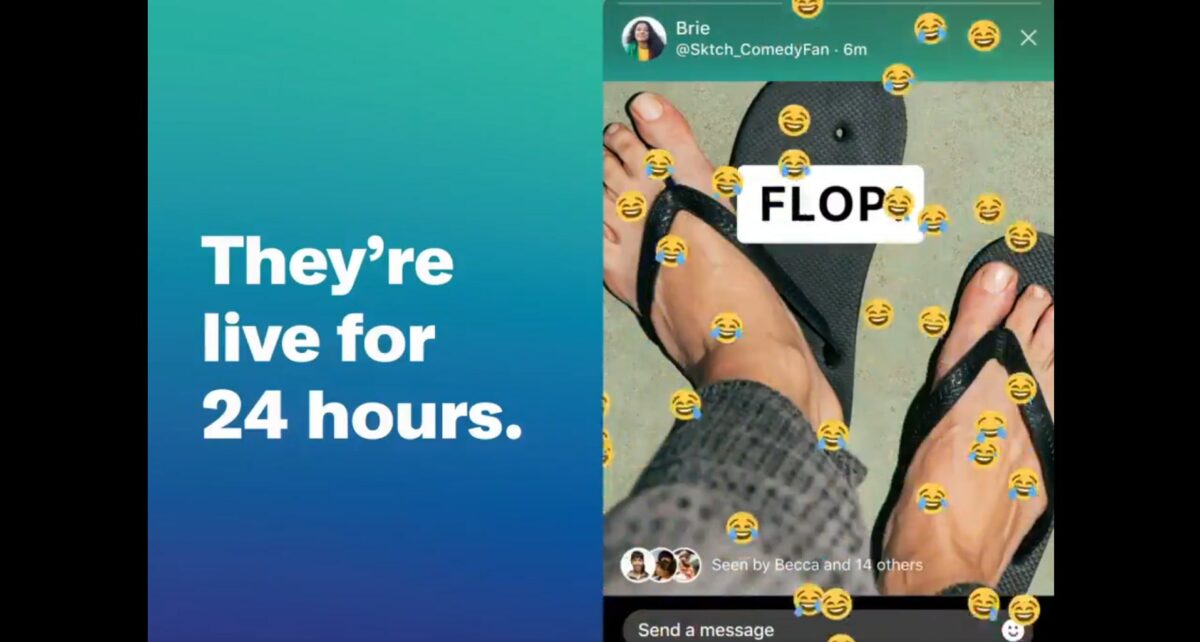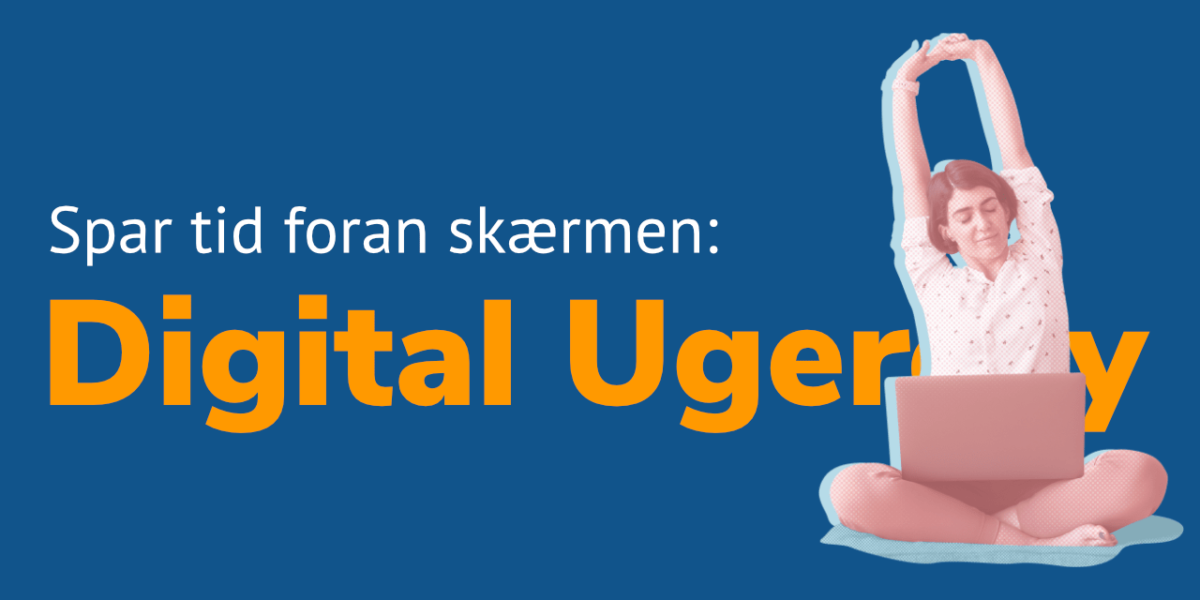Væk i morgen: Platforme elsker Stories-formatet
Med Twitters lancering af "Fleets" er alle platformene nu med på "Stories"-bølgen med indhold, der forsvinder af sig selv. Men hvorfor gør alle det – og påvirker det feed'et?
Af Lars K Jensen / lars@willmore.dk
(Find mig på Twitter / LinkedIn)
Hvor er pengene i lyd?
Lyd og podcast vokser og vokser. Men pengene følger ikke med. Her får du et indblik i udviklingen og mulighederne – og du kan læse om et nyt dansk mediestartup, der vil tjene penge på at sætte lyd til kvalitetsjournalistik.
Af Lars K Jensen / lars@willmore.dk
Læs mere →



